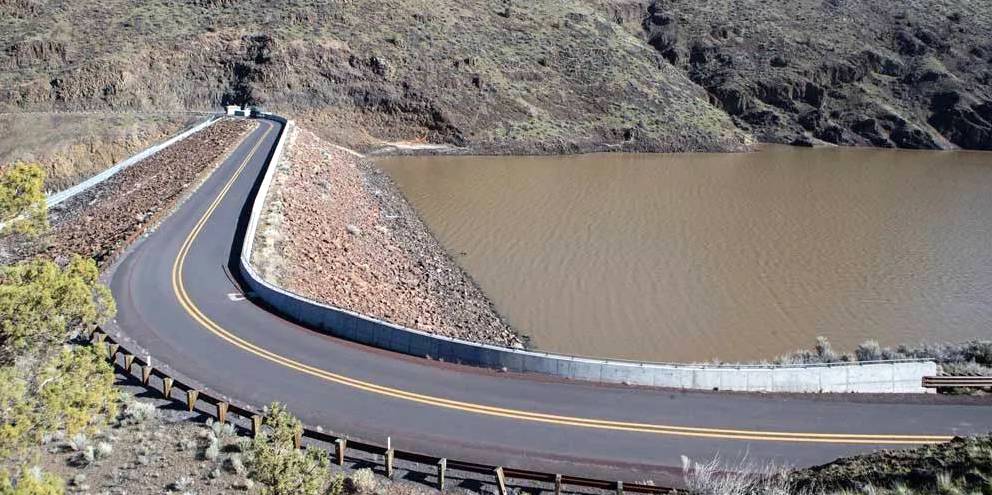Judge: Public denied input on Prineville water releases
Published 4:18 pm Thursday, May 22, 2025

- The Prineville Reservoir in Central Oregon. (Capital Press file photo)
Oregon water regulators “failed to allow the public an opportunity to be heard” in regard to controversial water releases from the Prineville Reservoir, according to a judge.
The state’s Water Resources Department violated state law by proceeding with an expedited process to approve the water releases despite “public interest” objections to the proposal, said Jefferson County Circuit Court Judge Annette Hillman.
“In a time when transparency is vital for trust in public agencies and for issues involving water rights in particular, the public and rural communities deserve the right to be heard when they raise public interest issues and not disregarded,” Hillman said in a recent ruling.
In 2023, irrigators upstream of the Prineville Reservoir filed a lawsuit challenging a permit issued by OWRD that allowed the U.S. Bureau of Reclamation to release stored water from the facility to increase stream flows, which is meant to improve fish habitat.
The irrigators worried the permit will increase the likelihood they’ll be deprived of water that will instead be used to replenish the reservoir, as the federal agency can issue a “call” on their water supplies because it has senior water rights.
Under the “prior appropriations” system of Western water law, owners of older “senior” water rights can ask state regulators to shut off water to “junior” irrigators when there’s not enough to go around.
According to the plaintiffs — the Upper Crooked River Conservationists nonprofit and Shotgun Creek Ranch of Post, Ore. — OWRD wasn’t allowed to use an expedited process for the permit once they’d invoked specific “public interest issues.”
For example, the plaintiffs claimed the proposal raised public interest issues about using water to maximize economic development and preserve water for fire protection, as well as the potential harms to existing water rights holders.
Because the opponents cited these issues, OWRD should have switched to regular permit procedures that included a “thorough public interest review,” the plaintiffs claimed.
“OWRD was not authorized by law to skip ahead and summarily dismiss the comments without also taking the application out of the expedited program to conduct the public interest review,” the plaintiffs said.
The agency responded that “no public interest issues were raised in the public comments” about the proposal, as they referred to irrelevant factors or “lacked any factual basis describing how the alleged public interest issue was affected by the pending application to use stored water.”
Since none of the public interest issues specifically cited in Oregon law were raised in the objections, OWRD was allowed to continue processing the permit through expedited procedures, the agency said.
The judge rejected the state government’s arguments, finding that the OWRD’s interpretation “fails to consider any evidence that may be proffered in a standard review” and that it was unlawfully “outside the range of discretion” for the agency to proceed with the expedited process.
As a result, the judge said she plans to remand the permit to the OWRD “for the limited purpose to conduct the standard public interest review.”
However, the judge previously dismissed one of the central claims argued by the plaintiffs, who said the permit amounted to an in-stream water right unlawfully granted to the federal government, even though only the state government can hold such in-stream rights.
On that matter, the judge agreed with OWRD that the permit to use stored water does not amount to an in-stream water right even if it’s meant to increase stream flow to benefit fish.
“The court is not persuaded by petitioner’s argument that the use of the terms “instream” or “beneficial use” triggers the Instream Water Rights Act,” she said.








